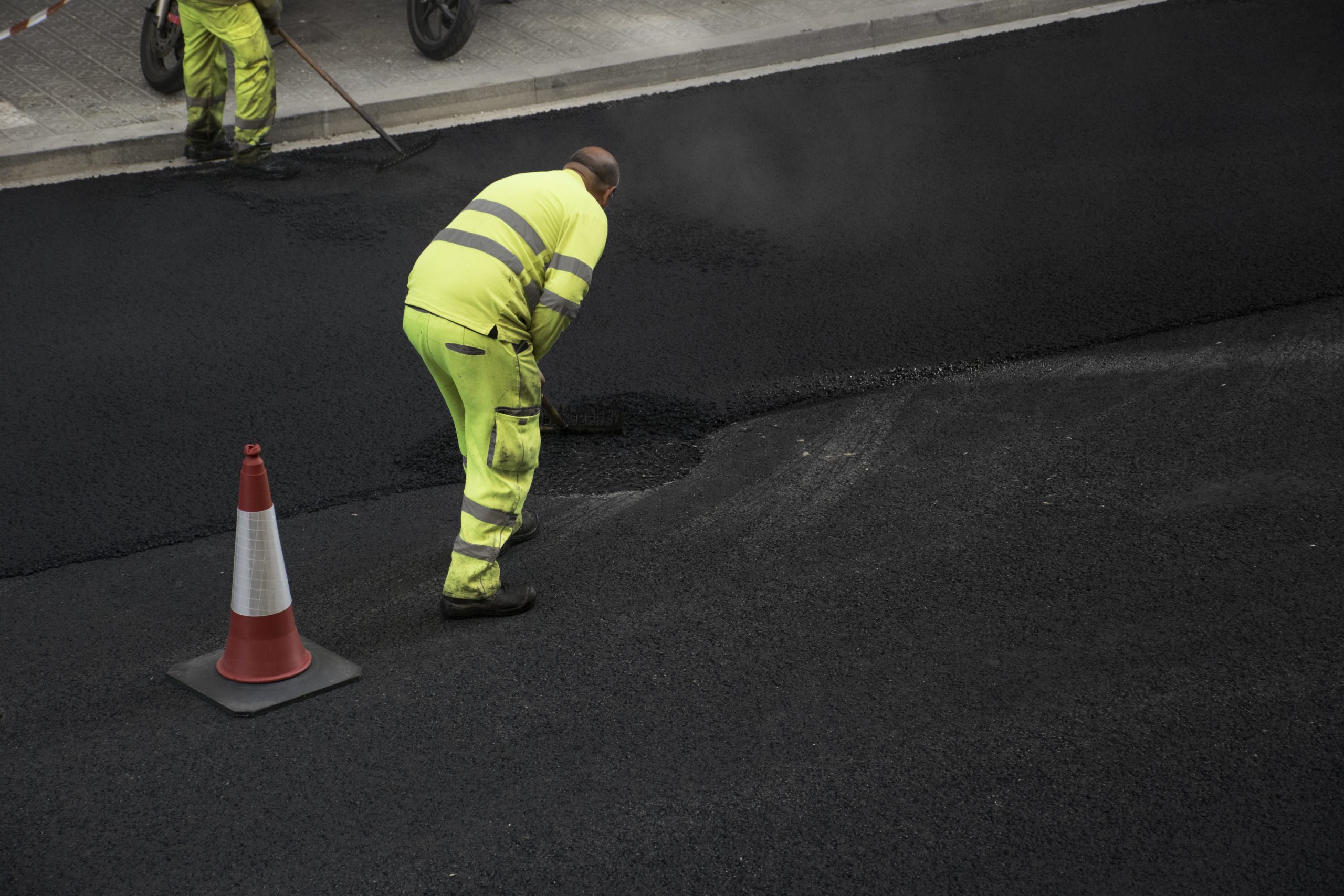Asphalt driveways aren’t exactly something you think about every day—until they start cracking, fading, or costing you money. In Maryland, where we get a mix of heavy rains, blazing sun, and freeze-thaw cycles, your driveway takes a beating. That’s where sealcoating comes in. It’s one of the simplest ways to protect your investment, boost curb appeal, and dodge major repair bills down the road. But here’s the big question: how often do you actually need to sealcoat?
The General Rule: Every 2–3 Years
Most experts recommend sealcoating your driveway every two to three years. But this isn’t a one-size-fits-all rule—your driveway’s condition, exposure, and usage can all shift that timeline.
Consider sealing more frequently if:
- Your driveway gets heavy vehicle traffic
- It’s exposed to full sun or poor drainage
- You start seeing surface cracks, fading, or rough patches
- Water no longer beads up on the surface after rain
Skipping too many years between coats allows UV rays and moisture to break down the asphalt’s binder—called bitumen—leading to cracks and potholes that cost way more to fix than a basic sealcoat.
Why Sealcoating Matters (Beyond Just Looks)
Yes, a fresh coat makes your driveway look brand new—but it’s more than just a makeover. Sealcoating adds a protective layer that shields your asphalt from:
- UV damage that causes fading and brittleness
- Water intrusion that leads to cracks and potholes
- Oil and chemical stains that weaken the surface
- Oxidation that breaks down asphalt over time
According to the Pavement Coatings Technology Council, sealcoated driveways can last up to 50% longer than those left untreated. That’s a serious return on a relatively small investment.
Signs It’s Time to Seal Again
Still not sure if you’re due? Your driveway might be dropping some hints.
Look out for these signs:
- The surface has lost its deep black color and turned gray
- Small cracks are forming, especially at the edges
- You notice standing water or uneven spots
- Past sealcoat has worn thin or disappeared in places
If you spot these issues, it’s probably time to schedule your next sealcoat—before minor wear turns into major repairs.
DIY vs. Professional Sealcoating
Some folks try the DIY route, but keep in mind: sealing isn’t just slapping on a bucket of black goo. Professional sealcoating ensures:
- Proper surface prep and cleaning
- The right type of commercial-grade sealer
- Crack filling before sealing
- Even application for long-lasting protection
Maryland’s weather makes timing tricky—too hot, too cold, or too humid, and the sealer may not bond correctly. That’s why calling in a local pro usually pays off in the long run.
Ready to protect your pavement the right way? Check out our sealcoating services, learn about asphalt maintenance and repair, explore full driveway paving options, or contact us today to schedule a free consultation. We’ll help keep your driveway looking sharp and holding strong for years to come.

